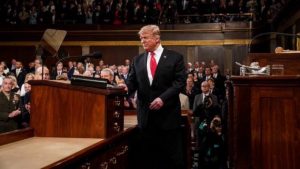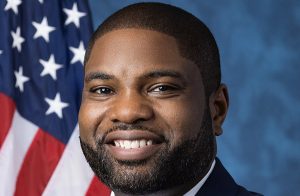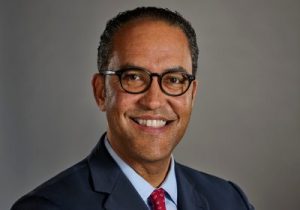In the late 19th century, the People’s Party, also known as the Populist Party, emerged as a political force championing the interests of farmers and industrial workers. Facing economic hardships and wealth inequality during the Gilded Age, the party advocated for government intervention in the economy, regulation of businesses, and currency reform.
It brought together diverse issues such as labor rights, direct election of senators, women’s suffrage, and addressing racial and immigration concerns. Although the People’s Party had a short lifespan, its legacy can be seen in the implementation of key progressive policies and the influence it had on subsequent political movements.
What is People’s Party?
The People’s Party originated from the Farmers’ Alliance, a group formed to combat the challenges faced by farmers, including low crop prices, high interest rates, and unfair practices by railroads. By 1890, the Farmers’ Alliance boasted 1.2 million members and successfully lobbied for reforms at the state and national levels. In 1891, the People’s Party officially formed in Kansas, uniting farmers and industrial workers under a common agenda of challenging the influence of banks and big businesses.
Also Read: Who is Cornel West? Scholar and social activist running for president in 2024 under People’s Party
The party’s platform encompassed a range of issues, including government regulation of railroads, the creation of a subtreasury system for farmers, and the coinage of silver to address the monetary system’s problems. Additionally, they advocated for labor rights, the eight-hour workday, women’s suffrage, and other social and civic reforms. The People’s Party gained national attention in 1892 when they held a National Convention and nominated James B. Weaver as their presidential candidate.
Although the party experienced success at the state and congressional levels, internal conflicts and strategic choices led to its eventual decline. Factional divisions and the fusion with the Democratic Party in the 1896 presidential election weakened the party’s cohesion. Despite leaving a lasting impact on American politics, the People’s Party disbanded in 1908.
The Populist movement and the People’s Party paved the way for progressive reforms that would shape the early 20th century. Many of their ideas, such as government control of currency, direct election of senators, anti-trust laws, and labor rights, were eventually implemented.
Also Read: Also Read: Mike Pence on a Harley Davidson: How many motorcycles does 2024 Presidential candidate own?
The influence of the People’s Party can be seen in institutions like the Federal Reserve, farming agencies, and the National Weather Service, which trace their roots back to the movement.
As Cornel West announces his presidential run in 2024 under the People’s Party banner, he seeks to revive the spirit of populist politics and advocate for the interests of the working class, echoing the legacy of the historic movement.






